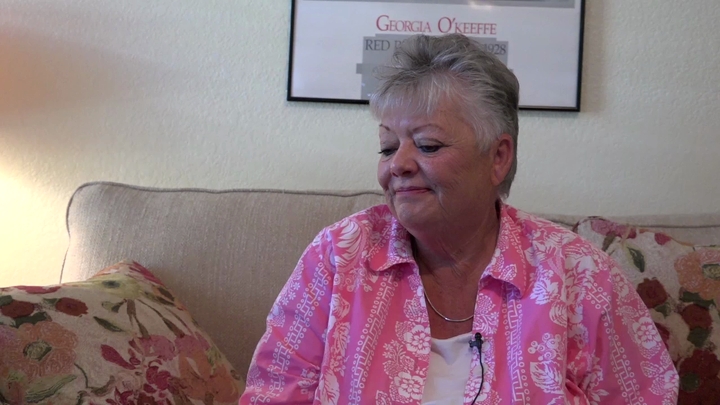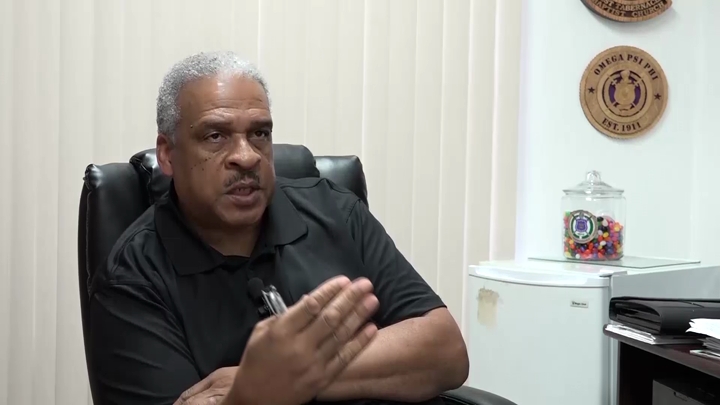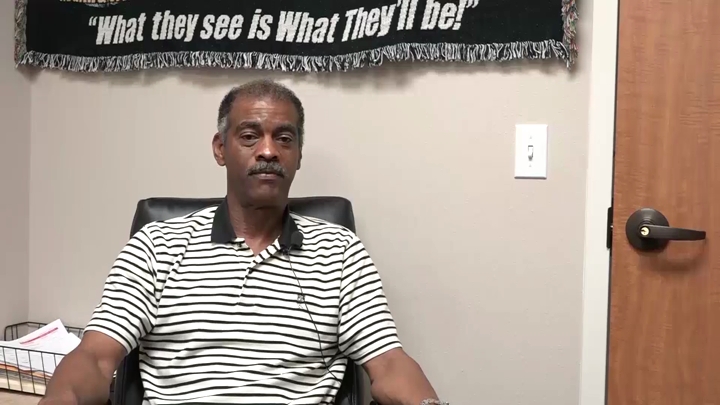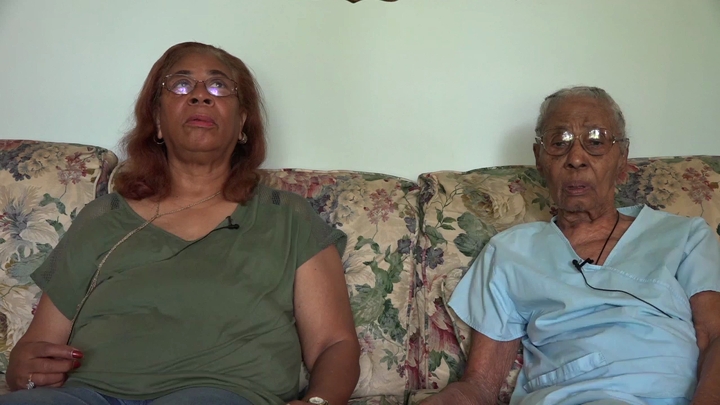Calyen / Vigilante Groups and Voting
sign up or sign in to add/edit transcript
Interviewer: How aware was the black community of the people who were vigilantes? So, did they know their names? Did they warn you to not mess with so-and-so because they were part of this organization? Calyen: Well, the trouble about vigilante groups is they were kind of like Ku Klux Klansmen. Also, they would hide behind—they’d be businessmen sometimes or either they’d be—I’m not going to say pastors, but they may be church Christians or whatever. They’d get into these vigilante groups just, so they could vent off hate. They’d get in these vigilante groups and you didn’t know them by name, but you would also know if you mess with them, they know certain people that could cause you a lot of trouble. Interviewer: And in terms of voting and political participation, was there a legacy of political participation in the black community? Calyen: Yeah, because even now with that voter identification card, I think it’s a second form of segregation because in Texas, you know, you had to pay a poll tax. If you didn’t pay that poll tax, you couldn’t vote, and voting was a law. To make someone to have to pay to vote for someone, and when a person would be seeking that office, they would have barbecues and they’d come through the neighborhoods and come to churches to get you to vote for them, but you never saw them anymore. Even with that, when you think about a person that was seeking an office and that office that they were seeking, they depended upon some of the black people that would vote. If you didn’t pay the poll tax, you couldn’t go up there and vote. If you pay the poll-tax, sometimes those clerks that would be running the office, they would ask you different types of questions. “How many gumballs are in that machine?” “How many bubbles are in a bar of soap?” “How many feathers are on a chicken?” If you couldn’t give the proper answer, you know, you couldn’t vote. It was— Interviewer: So, there were some repression efforts? Calyen: Yeah it was some repression. Jim Crow was still alive and well. Interviewer: Did your parents vote? Calyen: My parents voted, yeah. Interviewer: Did the black community in Conroe have any political representation in terms of black candidates being elected to office? Calyen: Not at that time, no. Interviewer: When did the first black candidates become elected in Conroe? Calyen: The funeral director, Mr. Johnson and Mr. Henry. Billy Henry. Interviewer: What year did they get elected to office? Calyen: At that time, I was in the military so I’m not sure. Interviewer: The seventies, eighties? Calyen: It must have been in the late seventies.
| Interview | Interview with Henry Calyen |
| Subjects | Citizenship › Voting and Voter Registration |
| Housing › Neighborhoods | |
| Community Organizations | |
| Discrimination or Segregation | |
| White Resistance to Civil Rights › Hate Crimes and Violence | |
| White Resistance to Civil Rights › Extrajudicial Violence › Ku Klux Klan (KKK) | |
| Electoral Politics | |
| Electoral Politics › Election Campaigns | |
| Historic Periods › Jim Crow Period | |
| Citizenship › Taxes › Poll Tax | |
| Family › Parents | |
| Tags | Henry, Bill |
| sign up or sign in to add/edit tags | |
| Interview date | 2016-07-06 |
| Interview source | CRBB Summer 2016 |
| Interviewees | Calyen, Henry |
| Duration | 00:03:12 |
| Citation | "Vigilante Groups and Voting," from Henry Calyen oral history interview with , July 06, 2016, Conroe, TX, Civil Rights in Black and Brown Interview Database, https://crbb.tcu.edu/clips/3399/vigilante-groups-and-voting, accessed February 28, 2026 |






